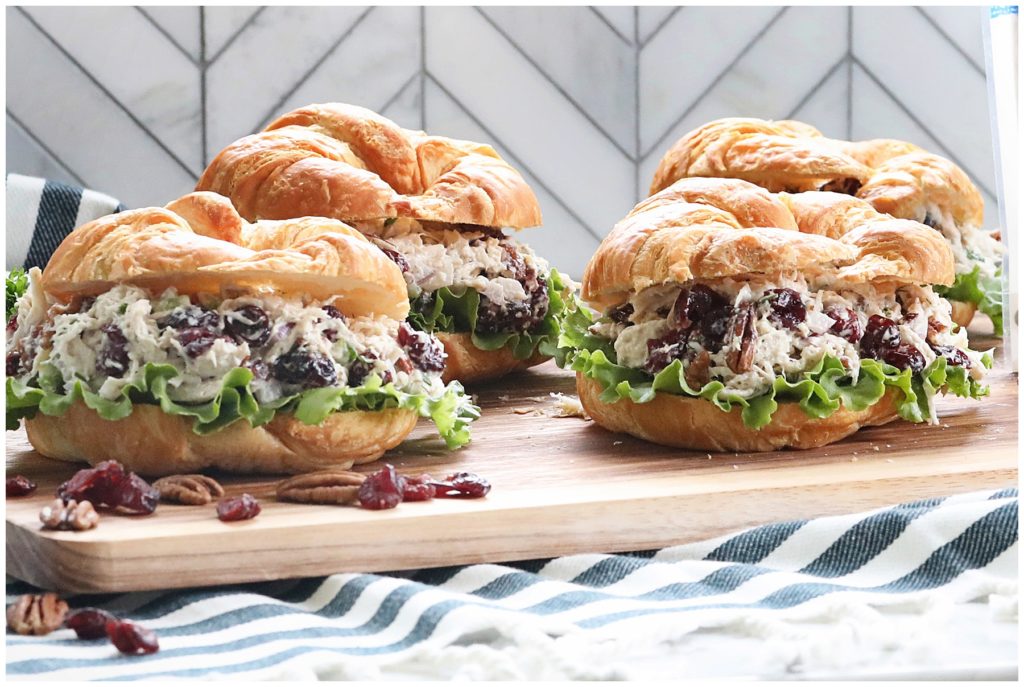


The repercussions of the First World War-in the form of the widows, orphans, and bereaved parents, the walking wounded-were visible everywhere in the 1920s and 1930s, the period when my grandparents were growing up and when Ellen, who is a little younger than them, was born. The kind of person Ellen is, the generation she was born into, means that both world wars, the first and the second, were an unavoidable part of her life. My age-I was born in the 1960s-means that when I think about my parents’ and grandparents’ lives, I’m thinking about war. Why did you want to write about this era? Why do you think it’s important for modern-day readers to understand this time in history? While the fighting happens offstage, this is very much a novel of World War II. I like the word mothering, rather than motherhood, to emphasize the “do-ing” aspect over the “being,” because it’s the “doing” that gets to the heart of the book. In both situations the active, day-to-day aspect of mothering is equally paramount. Although Pamela isn’t a baby-she’s five when Ellen meets her-Ellen is still thrown, completely unprepared, into a situation where she has to care for a small and vulnerable child. We have to get to know this person, and set about looking after them as best we can. When our first child is born, we are faced with a new, helpless little person. Why did you want to write about this theme? Are you a mother?

The novel wrestles with the idea of motherhood.

At the same time I had a child of my own, and I reached the age when I started to think about my parents’ and grandparents’ lives. At some point all those remembered images, along with many others, came together for me in a vibrant and interesting fictional landscape, waiting to be peopled. A man chopping wood in the distance, the axe falling silently, and then the sound of the blow coming a second later through cold winter air. The sunlight in a doorway, with a flagstoned path outside. The smell of an old-fashioned stone pantry, such as the one my grandmother had, where she kept stewed apples in a china bowl. The editors at Putnam had a chance to talk with the author about her inspiration, her characters, and mothering. Beyond distance, beyond time, beyond life itself.įilled with explorations of marriage, love, motherhood, poverty, community, and war, this debut novel is perfect for book clubs. Spanning the sweep of the twentieth century, We Must Be Brave explores the fierce love that we feel for our children and the power of that love to endure.


 0 kommentar(er)
0 kommentar(er)
